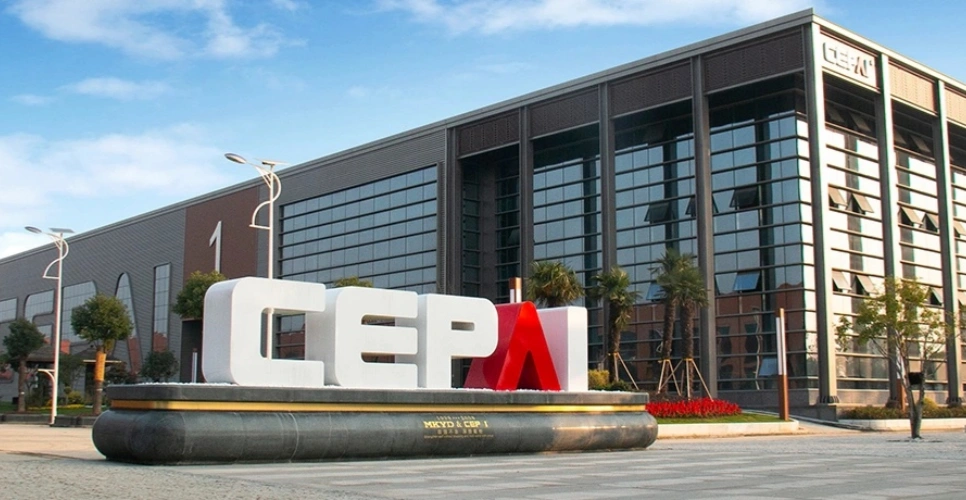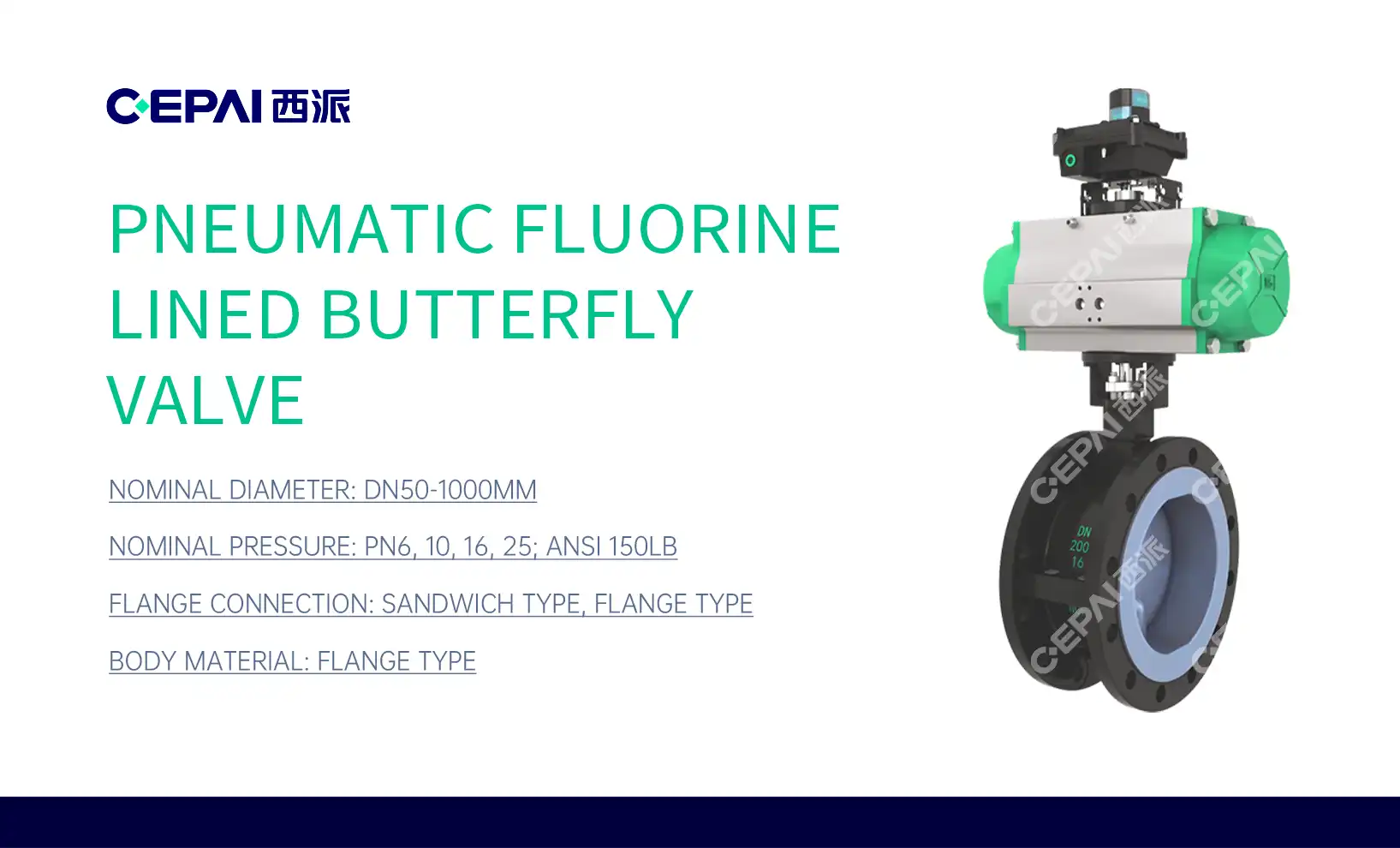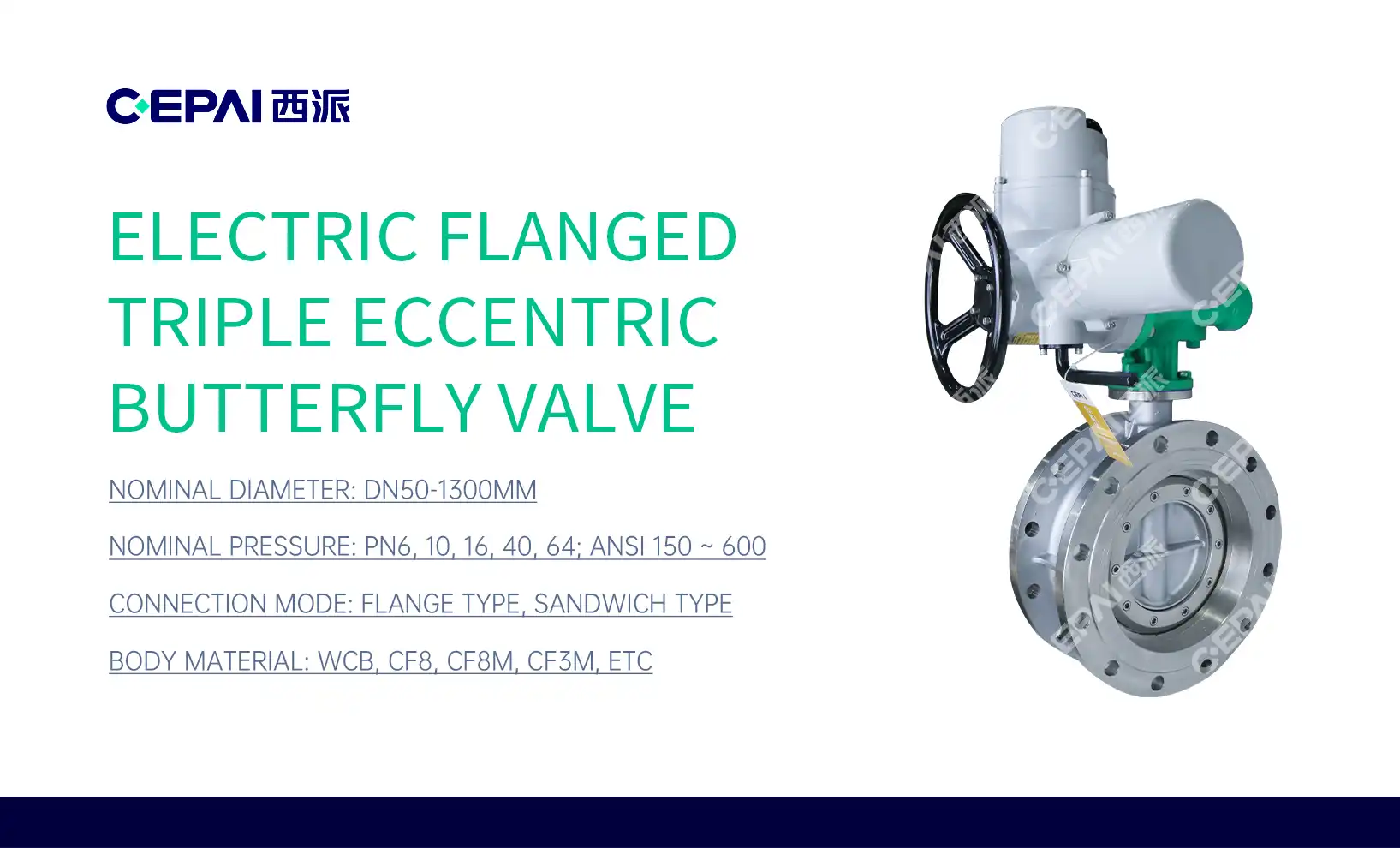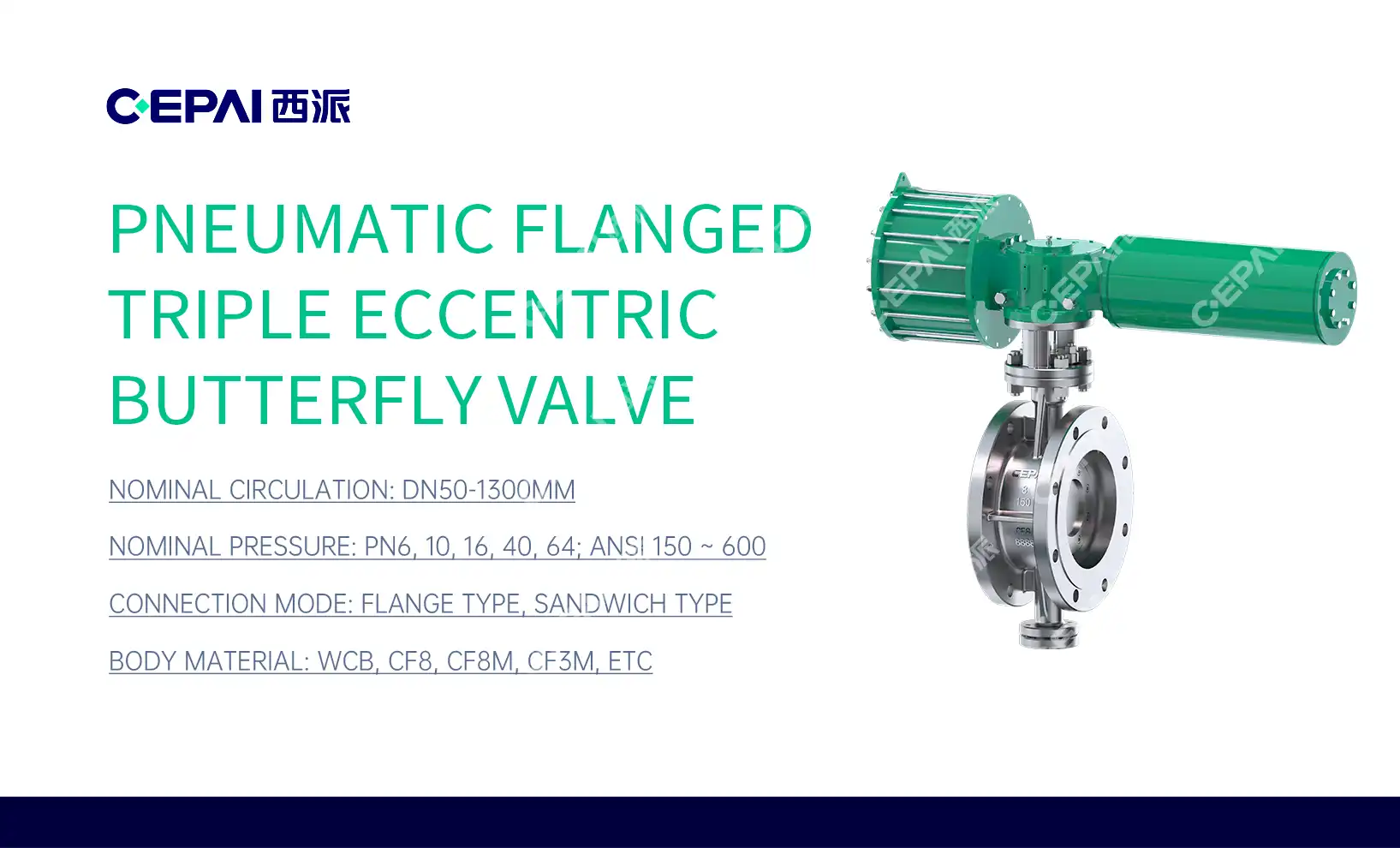Cast Iron Butterfly Valves: Strength and Versatility
Durability and Cost-Effectiveness of Cast Iron
Cast iron butterfly valves are renowned for their robustness and longevity. Applications necessitating great resistance to pressure and temperature are well-suited to this material due of its inherent strength. Because of their resistance to high levels of mechanical stress, cast iron valves are ideal for use in harsh industrial settings. Also, because cast iron is cheap to produce, there are more reasonably priced valve options, so you may acquire high-quality solutions without breaking the bank.
Applications and Industries
Cast press butterfly valves are useful in many different contexts due to their adaptability. Water treatment offices really value them because of their high scraped spot resistance. Thermostatically controlled ventilation systems depend on cast-iron valves to regulate water and airflow, thereby achieving precise temperature control. These valves are utilised in the production and distribution processes of the oil and gas industry due to the durability of cast iron. Cast iron butterfly valves are also essential in power plants for controlling the flow of coolant and steam.
Maintenance and Longevity
While cast iron offers impressive durability, proper maintenance is key to maximizing the lifespan of butterfly valves made from this material. To avoid unforeseen breakdowns, check for corrosion and wear on a regular basis, paying special attention to sealing surfaces and joints. Valve life can be further extended by applying protective coatings to cast iron, which increases its resistance to corrosive conditions. Thanks to its durability, dependability, and long lifespan (with proper care), cast iron butterfly valves are a great long-term investment for many industrial uses.
Stainless Steel Butterfly Valves: Corrosion Resistance and Hygiene
Superior Corrosion Resistance Properties
Stainless steel butterfly valves stand out for their exceptional corrosion resistance, making them ideal for challenging environments. The chromium content in stainless steel forms a protective oxide layer, shielding the valve from chemical attacks and oxidation. Because of this built-in resilience, SS butterfly valves can withstand aggressive fluids and severe weather without compromising their integrity. The unmatched durability and dependability of stainless steel valves make them ideal for businesses that deal with corrosive substances or demand extremely pure operations.
Hygiene and Sanitary Applications
When it comes to applications that prioritise cleanliness and hygiene, stainless steel is a great choice due to its non-porous surface. In the food and beverage industry, pharmaceutical manufacturing, and biotechnology sectors, stainless steel butterfly valves prevent bacterial growth and are easy to sterilize. Because of its flat surface, it is easier to clean thoroughly and poses less of a risk of contamination. since of this quality, SS valves are essential in clean processing areas since they guarantee compliance with severe health and safety standards.
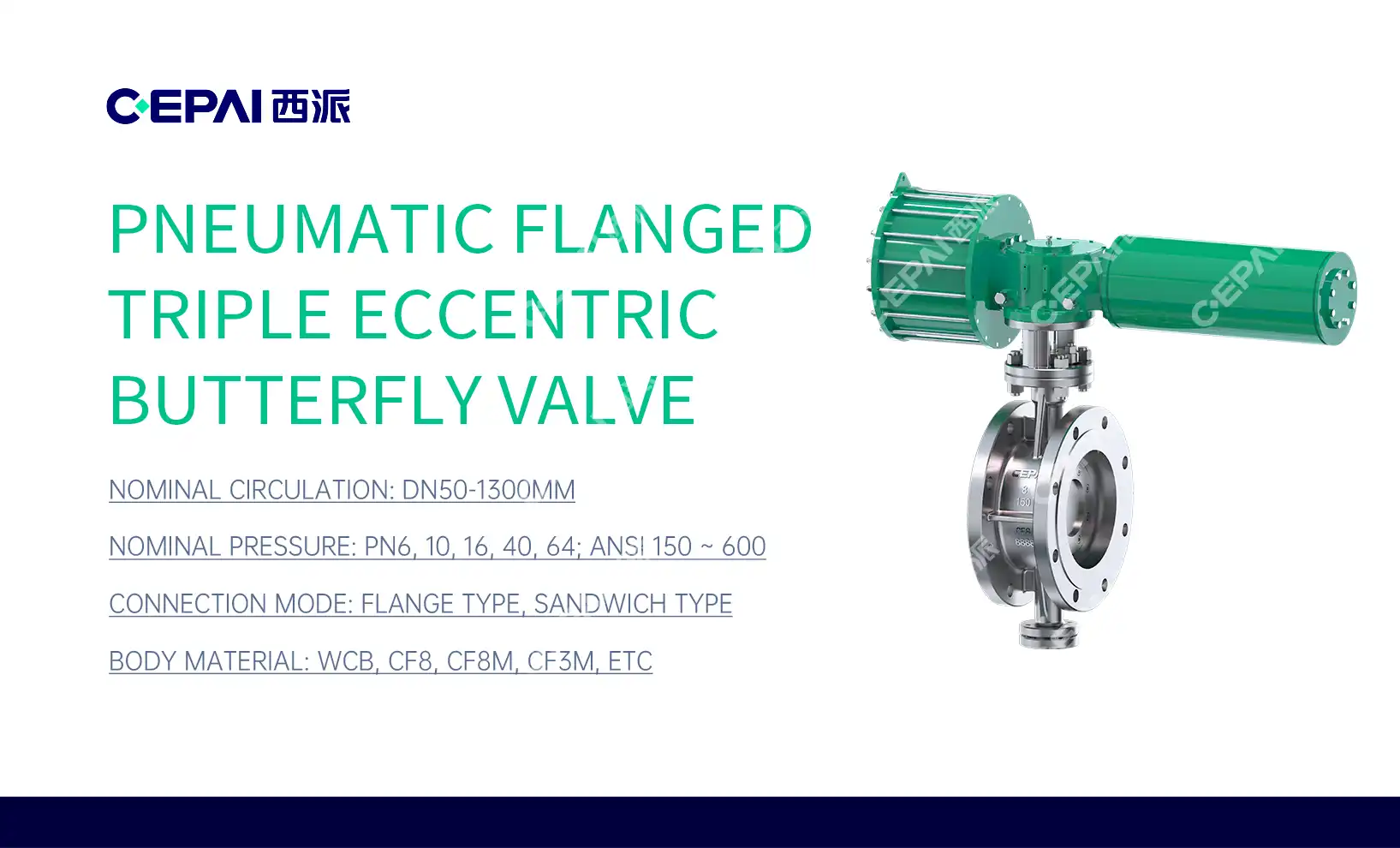
Performance in Extreme Temperatures
Stainless steel butterfly valves exhibit remarkable performance across a wide temperature range. The structural integrity and functional effectiveness of these valves are preserved from cold applications to high-temperature procedures. Their versatility makes them useful in many different kinds of industrial situations; one of these is chemical synthesis, where temperature fluctuations are common. Consistent operation and reduced replacement frequency are results of the material's capacity to endure thermal stress without warping or losing its sealing qualities. This, in turn, causes the system to be more reliable and save money.
PVC Butterfly Valves: Lightweight and Chemical Resistant
Advantages of Lightweight Construction
PVC butterfly valves offer significant advantages due to their lightweight nature. Especially in situations where you have to change or modify the valves frequently, the lighter design makes it easier to install and handle. When mobility is of the utmost importance, such as in retrofit projects or in areas with restricted access, this quality is invaluable. Since PVC is relatively lightweight, it puts less strain on piping systems, which could mean that the fluid control network lasts longer in the long run.
Chemical Resistance and Durability
One of the standout features of PVC butterfly valves is their exceptional resistance to a wide range of chemicals. They are highly advantageous in many industries due to their resistance to aggressive fluids. This includes chemical processing, water treatment, and pool and spa applications. Valve and controlled media are both protected by PVC's inert nature, which makes it resistant to interactions with various acids, bases, and solvents. Furthermore, PVC valves are perfect for settings where metal valves could fail too soon due to rust and corrosion.
Cost-Effectiveness and Maintenance
When considering both the upfront cost and the ongoing operating expenses, PVC butterfly valves provide a practical and economical solution for numerous uses. The material's durability and resilience to chemicals mean it won't need repairs or replacements for a long time. Maintenance of PVC valves is generally straightforward, often requiring simple cleaning and occasional lubrication of moving parts. Because PVC is so long-lasting in non-abrasive settings, these valves will serve you well for a long time and will be a great investment under the right circumstances.
Conclusion
For fluid control systems to work at their best, last as long as possible, and not break the bank, choosing the correct material for butterfly valves is essential. Because of its durability and adaptability, cast iron finds use in many different kinds of manufacturing processes. While stainless steel is great in places where hygiene is paramount and corrosion resistance is paramount, PVC offers alternatives that are both lightweight and chemically resistant for some uses. Fluid control systems can be improved in efficiency and reliability when engineers and facility managers have a good grasp of the specific benefits and drawbacks of each material. This knowledge allows them to make well-informed selections that are in line with operational needs and environmental factors.
Contact Us
For expert guidance on selecting the ideal butterfly valve for your specific application, contact CEPAI Group. Our team of specialists is ready to provide tailored solutions that enhance your system's performance and reliability. Reach out to us at cepai@cepai.com to explore how our high-quality valve products can benefit your operations.


_1746598525968.webp)
